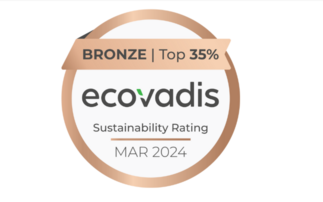The ups and downs of the IT channel in 2015
‘Tumultuous' might be the word that best sums up 2015, but - miraculously - the UK channel is poised to emerge from the year with only bumps and bruises, battle hardened for 2016 Operating in th...
To continue reading this article...
Join CRN
- Enjoy full access to channelweb.co.uk - the UK’s top news source for the IT channel
- Gain the latest insights through market analysis and interviews with channel leaders
- Stay on top of key trends with the Insider weekly newsletter curated by CRN’s editor
- Be the first to hear about our industry leading events and awards programmes
Already a CRN member?







